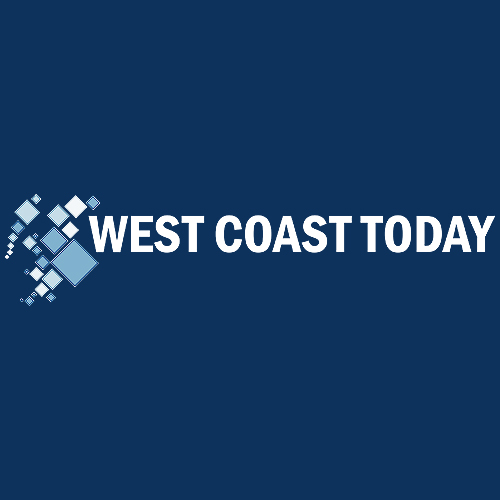Trying to Read Member Only Content?
Much of the content on this site is restricted to Affino Clients - including certain document downloads, and the entirety of the Support Channel. You need to be registered and authorised to access those secure areas. Additionally if you wish to generally post comments or interact with public site content - you will need to be registered also.
Already Registered?
If you have already registered on this site and are unable to access certain pages it is likely that you are either not an Affino Client, or have not been authorised for enhanced access. In most cases we need written authorisation from our key Client Contacts to allow enhanced access to Client Forums etc. If you are having issues logging in - you can Reset Your Password below:
Members' Login
You have insufficient rights to access this page. This is possibly because you have yet to be approved to do so or have not clicked the confirmation link in the authorisation email message you have been sent.
If you have clicked the link, or have not received the message then please contact us either through the site or your account manager directly.
Need Help?
If you have any further questions or other issues concerning site login please contact us via support@affino.com
Meetings:
Google Meet and Zoom
Venue:
Soho House, Soho Works +
Registered Office:
55 Bathurst Mews
London, UK
W2 2SB
© Affino 2025









